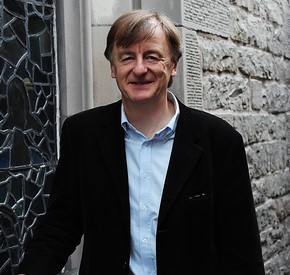The view from the balcony
In their recent book ‘Power and Progress’ Daron Acemoglu and Simon Johnson analyse technological progress over the course of human history. They conclude that technological advances tend to initially benefit a fairly narrow elite before countervailing societal pressures and political developments result in a fairer distribution of the benefits of this progress. Their survey of…

